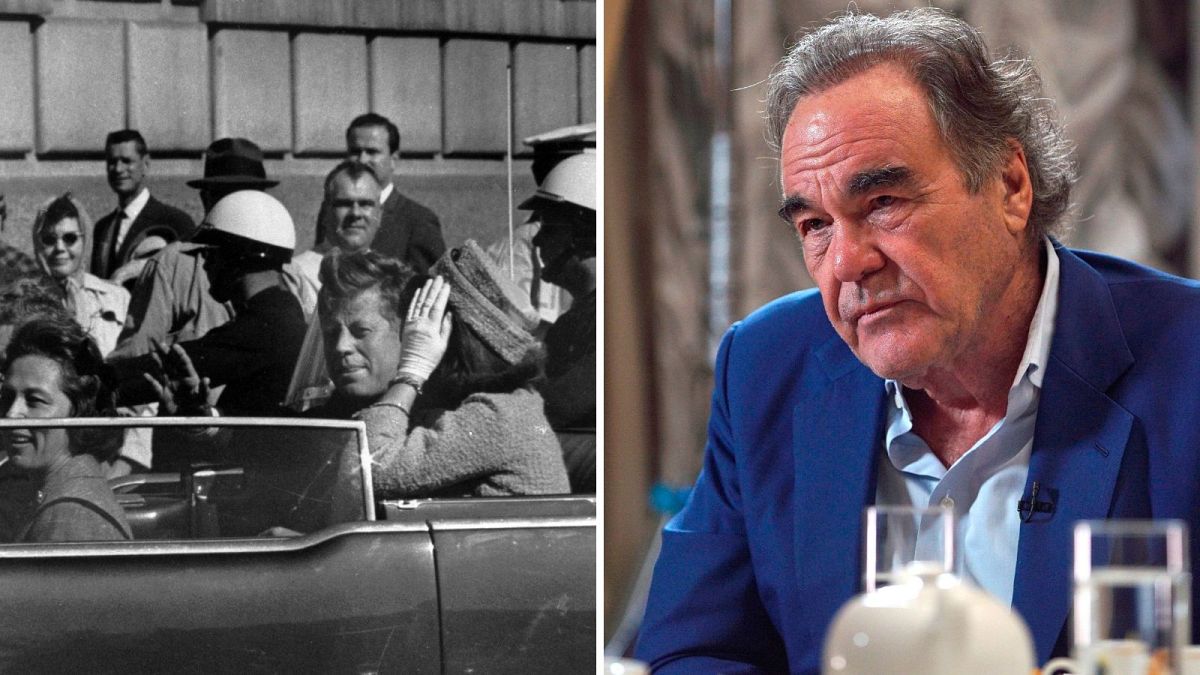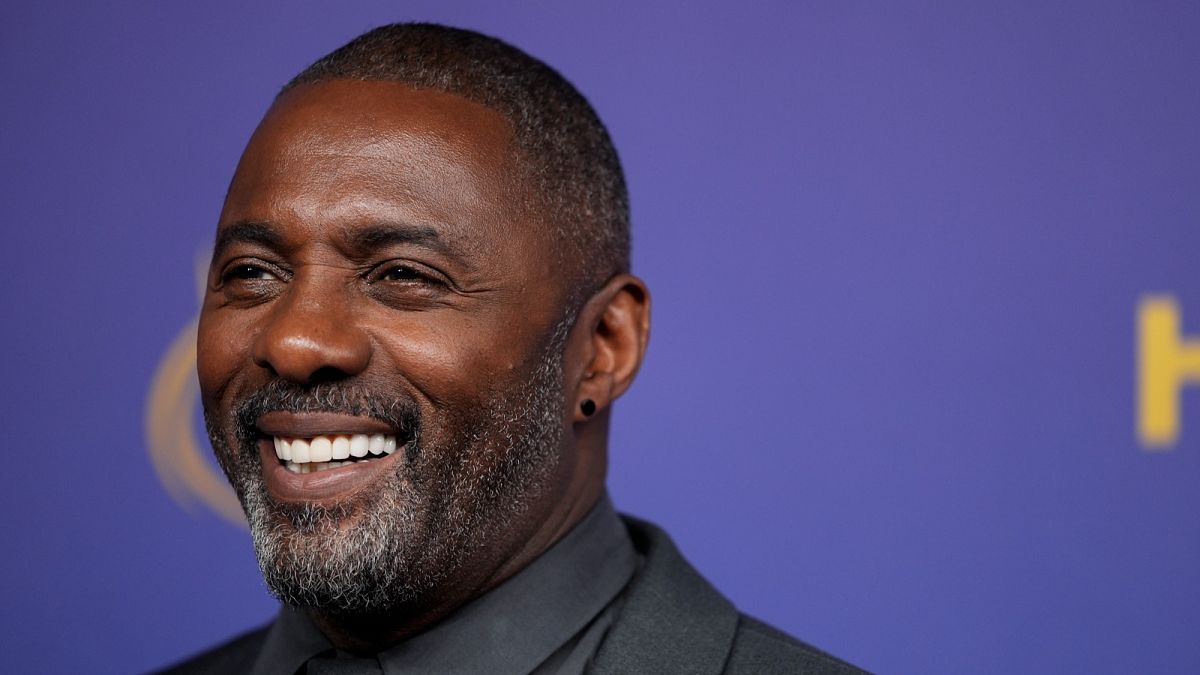From exciting new releases to modern classics, this March we’re looking at a group of books that explore some of the most pressing contemporary topics, whether it’s trans identity or the impact of the Covid-19 pandemic.
This month sees new releases from multiple award-winning writers. There’s the first fiction work in more than a decade from Women’s Prize for Fiction-winning author Chimamanda Ngozi Adichie. The "Half of a Yellow Sun" author returns to fiction with "Dream Count", an ambitious four-pronged narrative on life, love and happiness.
There’s also the latest work from 2021 Nobel Prize winner Abdulrazak Gurnah. "Theft" is the Tanzanian-British writer’s first publication since winning the prestigious award and tells the story of three intertwined lives in 1990s Zambia.
Ultimately, for our March recommendations, we're going in a different direction with our top four recommendations, beginning with "Stag Dance" by Torrey Peters, whose debut novel, 2021’s "Detransition, Baby" was one of that year’s absolute highlights.
Fiction: “Stag Dance” by Torrey Peters
The tale of a complex love triangle that is battling over choices from pregnancy to de-transitioning would have been heavy going in less skilled hands.
Peters’ deft quick-witted writing, however, made it one of the sharpest novels of the year that still could pull the rug out from under you with her piercing insight into identity. It was duly nominated for the Women’s Prize for Fiction and won the 2022 PEN/Hemingway Award.
Peters is back with her second novel, "Stag Dance". Once again trans life is at the forefront, but this time the action is told through four separate tales, each exploring how gender shifts and pulls at our identity. Peters is a master at modern satire, and her promise that one of the stories will examine the “gender apocalypse” through everything from macho lumberjacks to Las Vegas party weekends is incredibly tantalising.
Non-fiction: “The Age of Diagnosis: Sickness, Health and Why Medicine Has Gone Too Far” by Suzanne O’Sullivan
This decade began with an unambiguously shaky start. The 2020s will indelibly be remembered for the impact Covid-19 had over the first few years, from the forced lockdowns spread across the world, the changed public behaviours during and after the pandemic, to the conspiracy theories and disengagement with the system that spawned from it.
One of the most pervasive effects has been the rise in self-diagnoses that followed the pandemic. Irish neurologist and author Susan O’Sullivan tackles how Covid-19 might have been an inflection point, but that self-diagnoses have taken over many areas from mental health conditions like ADHD to long Covid.
The author of "It's All in Your Head: True Stories of Imaginary Illness", O’Sullivan has a knack for putting incredibly deep scientific information into digestible and enjoyable non-fiction writing. On "The Age of Diagnosis" she brings her decades of clinical practice to the question of whether our generation’s habit of self diagnosis is doing us any good.
Food for thought: “East West Street: On the Origins of Genocide and Crimes Against Humanity” by Philippe Sands
Just prior to March, the 24th of February recognised the third anniversary of Russia’s illegal invasion of Ukraine. Now, we face a reality of the President of the US pitching Ukrainian capitulation to Russia’s aggression as a peace solution while parroting the Kremlin's talking points.
As Ukraine’s fate hangs in the balance, here’s a brilliant piece of non-fiction which brings context to the legal definition of “genocide” and its Ukraine-based origins. "East West Street" was released in 2016 and won the Baillie Gifford Prize for non-fiction. In it, British-French author and lawyer Philippe Sands relates what he discovered after he was asked to deliver a lecture in Lviv, Ukraine.
Sands discovers the lives of three men: Hersch Lauterpacht and Rafael Lemkin, who studied together in Lviv and went on to become the lawyers who prosecuted the Nuremberg trials after the Holocaust. The third is Hans Frank, Hitler's personal lawyer and Governor-General of Nazi-occupied Poland, the defendant that the two lawyers’ journey fighting leads them to create the legal terms “genocide” and “crimes against humanity”.
If that all sounds a bit legalese, Sands locates the book in humanity, whether it is through his depiction of 20th century Lviv, the compelling men at the centre of his story, or the ramifications of what he discovered about his own family through his research.
Revisit this classic: “White Teeth” by Zadie Smith
This year sees the 25th anniversary of the first novel from British writer Zadie Smith. A quarter of the way into the century, it’s hard to imagine a literary environment without Smith’s inclusion. The British writer has released six novels, most recently 2023’s historical drama "The Fraud", as well as plays, short story collections and a huge number of essays.
It’s easy to forget, then, just how revolutionary "White Teeth" was when it was released. Smith’s debut novel had been put in front of publishers as early as 1997 before it was completed. It was finally released in 2000 to huge fanfare. The 24-year-old writer had immediately convinced swathes of fans through her confident writing style, that threw a smorgasbord of characters into a contemporary London setting and played them off each other, in an act of literary plate spinning few else can achieve.
Centred on the relationship between the (very) extended families of Bangladeshi immigrant Samad Iqbal and Englishman Archie Jones, the action expands to create one of the most breathtakingly insightful, funny, and bracingly contemporary takes on the immigrant experience in 20th century Britain.
As vital as it was in 2000, if you’ve never given Zadie Smith a chance, it’s still the best starting point to her oeuvre.

 3 weeks ago
13
3 weeks ago
13






 We deliver critical software at unparalleled value and speed to help your business thrive
We deliver critical software at unparalleled value and speed to help your business thrive






 English (US) ·
English (US) ·